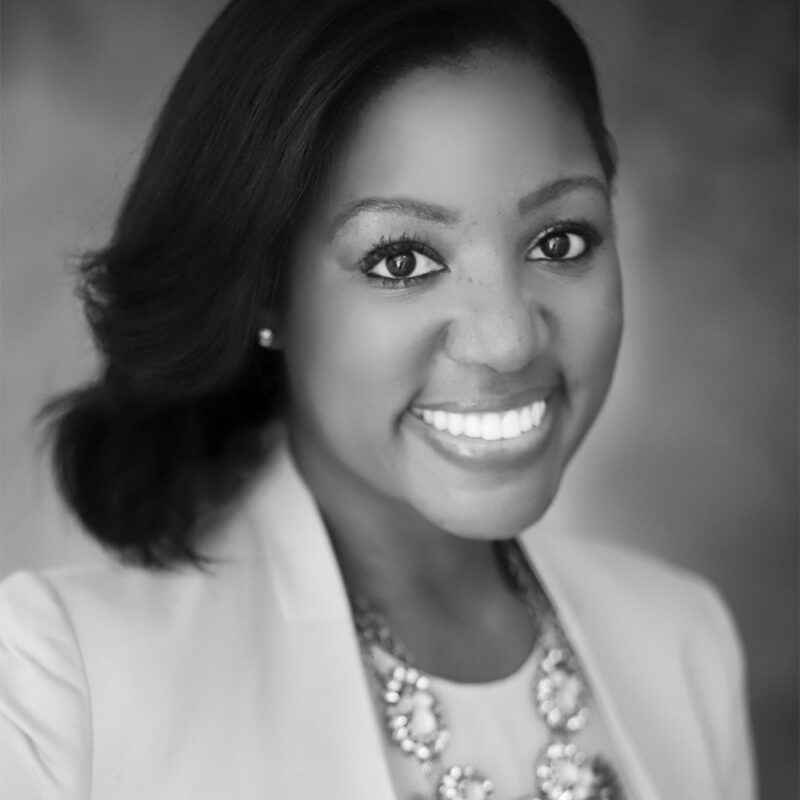Following a white militia member’s killing of two protestors and the wounding of a third in Kenosha, Wisconsin last year, ACLU Racial Justice Program staff attorney Leah Watson and her team spent months investigating exactly what happened and how the Kenosha Police Department and the Kenosha County Sheriff’s Department put protesters in harm's way. We invited Ms. Watson to walk us through the painstaking investigation and what she and her team uncovered.
Along with reviewing more than 800 records and 50 hours of video footage obtained through months of relentless legal effort, the team also conducted more than 40 interviews with community members to fully understand what happened. As explained in a blog by Ms. Watson, this is what they found:

Noting the nationwide surge of violent white supremacist groups, Ms. Watson pointed out that Michigan is a state where vigilance is especially needed because of its long history as a militia hotbed. Ms. Watson also connected the dots linking a newly emboldened militia movement to another area of her work: Protecting a public education system that promotes inclusion, diversity, critical thinking, and fact-based teaching, even when those facts make some people uncomfortable.
“The core principals are the same,” Ms. Watson explained. “There is a concern for preserving the role of white supremacy across these institutions at the expense of constitutional freedoms.”
Throughout the country, fierce attempts are underway to ban books, prevent the teaching of our nation’s racism, past and present, and to censor educators. In one school district Language Arts teachers were ordered to not use the words “white supremacy” or “diversity. The response from Ms. Watson and her colleagues was to file a lawsuit that is still underway. “I think it's all part of a backlash into what seemed like might be an opening for racial justice following the killing of George Floyd,” said Ms. Watson.
People fearful of losing their long-held white privilege are pushing back as hard as ever, in a multitude of ways.
“Combatting that threat begins with vigilance and zealous protection of constitutional rights for all, including those protesting police brutality or learning about race and gender in schools,” said Ms. Watson “In order to address systemic racism, we must first acknowledge and talk about it.”
And then you fight it with all the resources you can muster, as Ms. Watson and others at the ACLU are doing.